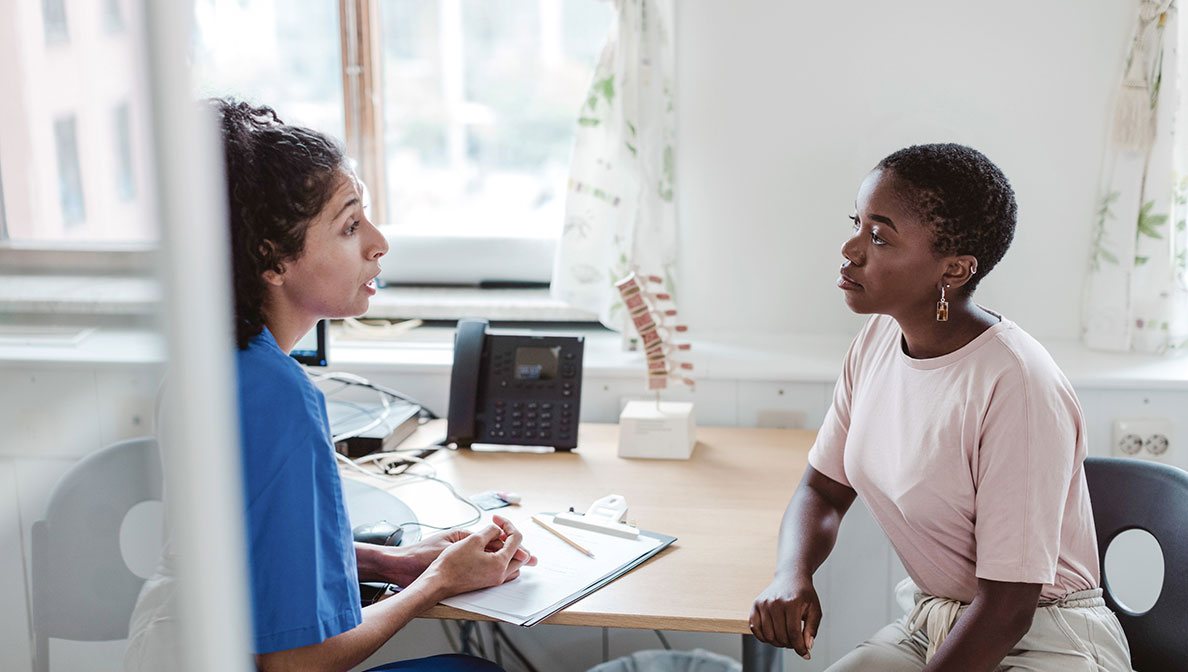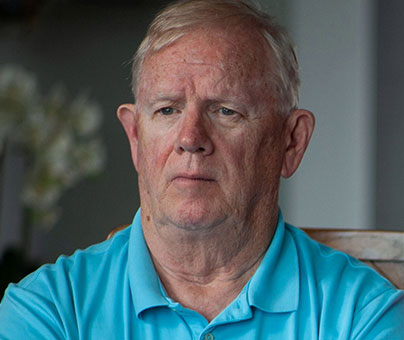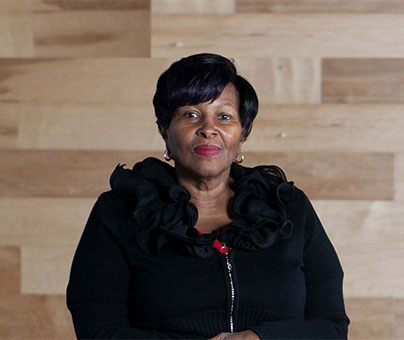Why you shouldn’t postpone cancer screenings
Our company teamed up with the American Cancer Society to raise awareness on cancer screenings and help support access for everyone
August 15, 2024

Fear is a powerful emotion, especially when it comes to cancer.
Fear of what a screening test might discover, fear of potential discomfort and fear of the unknown kept Terry Craft from getting a regular cancer screening.
He decided to see a doctor after an intense and painful episode of constipation, an appointment he says he should have had 10 years earlier. Craft was 47 years old when he was diagnosed with stage 3 colon cancer.
“My wife actually wanted me to have a colonoscopy when I was in my late 30s because I had a little bout and I said, ‘No, I’m not doing that,’” says Craft.

“I didn’t get screened because I was afraid of it. I just didn’t want to know if there was something that might be serious or life-threatening. It was a fear factor for me.”
- Terry Craft
Colon cancer survivor
He says his doctors told him his tumor had potentially been growing ever since that experience in his 30s.
“Had I gone for a simple screening 10 years prior I might have, as I say, ‘nipped it in the bud’ and it might have just been a rogue polyp, who knows,” says Craft. “But because I didn’t, I had to go through a lot and it wasn’t just me — when cancer affects one member of a family, it affects everyone.”
“Due to pandemic-related delays in screening for breast, cervical, colorectal and lung cancers, many cancers could be going undiagnosed and untreated and may advance to later stages and be more difficult to treat,” says Laura Makaroff, senior vice president of prevention and early detection at American Cancer Society. “We foresee that those reductions in health care access and cancer screening will result in a short-term drop in cancer diagnoses and a later corresponding increase in late-stage diagnoses and potentially preventable deaths. “
Craft is in remission today, and he makes it a point to tell others just how important cancer screenings are, no matter what the results might be.
“It’s OK to understand what’s going on,” says Craft. “You want to know, don’t hide from it. If you hide from it, the outcome might not be what I experienced. It could be a deadly outcome.”
Early detection matters
Darleen Alston didn’t have health insurance when she was diagnosed with breast cancer in 2019. She says if it wasn’t for the free mammogram that she received through a cancer screening program, it “could have been months” before she knew she had cancer.

“I can say that it [screening] saves lives because it saved mine.”
- Darleen Alston
Breast cancer survivor
While many people face different kinds of barriers to getting the medical care they need, having access to preventative health screenings shouldn’t be one of them.
“I tell everybody, go get your mammogram. And if you can’t afford it, go to the screening. They’ll do it for free,” says Alston. “You’re not going to lose anything by going. You’re going to lose your life, maybe, if you don’t go.”
Preventative care is for everyone
There are cancer screening resources available to help people who are uninsured or underinsured find low-cost or free cancer screenings.
To help these efforts and improve cancer screening rates, Merck teamed up with the American Cancer Society (ACS) and their Get Screened campaign.
Our company, along with other sponsors, joined ACS in its goal to raise $30 million for a national initiative to help support access to recommended cancer screenings. The initiative includes collaborations with key stakeholders, including state and local health systems, to implement evidence-based screening interventions and public policy solutions that may benefit all.
“It’s important to ensure access for everyone to recommended cancer screenings to reduce screening disparities and unnecessary cancer deaths,” says Makaroff. “During the pandemic, we know that disparities in cancer screenings increased for people with greater social or economic barriers. Through our Get Screened campaign, the American Cancer Society is working to increase regular screening rates for everyone to help save more lives.”


